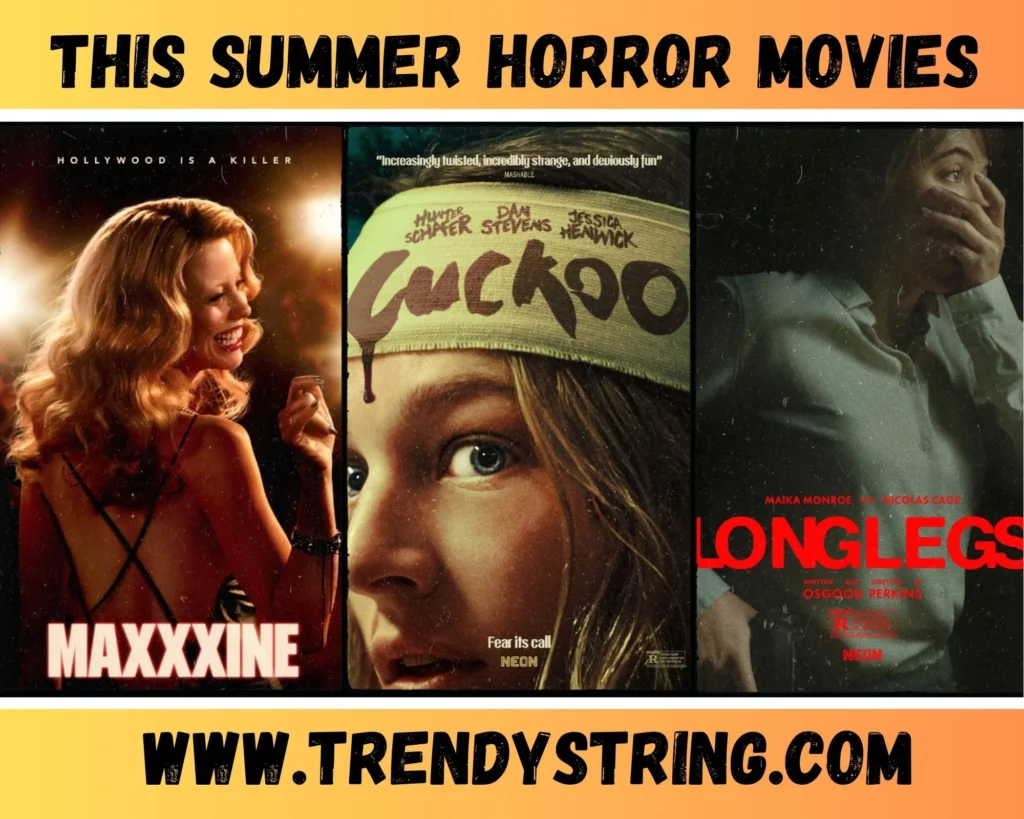
Horror films have long been a staple of the cinematic landscape, consistently delivering chills and thrills to audiences worldwide. While the genre has undoubtedly produced countless classics, a recent trend towards style over substance is causing concern. This article delves into the issue, examining recent releases and contrasting them with a masterclass in horror filmmaking.
Read More interesting articles on trendystring.com
The success of Jordan Peele’s Get Out in 2017 marked a turning point for the horror genre. The film not only terrified audiences but also provoked thought, exploring complex themes of race and identity. This groundbreaking achievement momentarily shifted the focus of the industry towards horror films with something to say. Unfortunately, this momentum quickly faded.
A wave of horror films emerged that attempted to capitalize on Get Out‘s success by addressing social issues, often resulting in shallow and exploitative attempts at relevance. While it’s commendable to use the genre as a platform for social commentary, it’s essential to do so with depth and nuance.
More recently, a new trend has emerged: the prioritization of atmosphere over substance. Films like MaXXXine, Longlegs, and Cuckoo excel in creating a chilling ambiance but fall short in delivering compelling narratives or characters. These movies are more akin to mood pieces than horror films, leaving audiences entertained but ultimately unsatisfied.
MaXXXine, the final installment of Ti West’s X trilogy, initially shows promise. A bold opening scene hints at a potentially subversive exploration of power dynamics and female agency. However, the film ultimately succumbs to familiar horror tropes, squandering its potential for a more meaningful commentary.
Longlegs attempts to build suspense through a convoluted plot and atmospheric visuals. While the film’s cinematography is undoubtedly impressive, it fails to compensate for the lack of a coherent narrative or compelling characters. The result is a visually striking but ultimately hollow experience.
Cuckoo offers a familiar cabin-in-the-woods setting with predictable plot twists. Despite strong performances from Hunter Schafer and Dan Stevens, the film’s reliance on clichés and lack of thematic depth hinder its impact.
In contrast to these recent releases, Kiyoshi Kurosawa’s miniseries Penance stands as a testament to the power of horror as a vehicle for exploring complex human emotions. The film’s oppressive atmosphere and slow-burn pacing create a sense of dread that lingers long after the credits roll. More importantly, Penance delves into profound themes of guilt, trauma, and the human condition, elevating it far beyond a mere exercise in scares.
Horror films have the potential to be both entertaining and thought-provoking. By prioritizing substance over style, filmmakers can create works that not only frighten audiences but also resonate on a deeper level. It’s time for the horror genre to reclaim its intellectual edge and deliver films that challenge, provoke, and haunt us long after the lights come up.
Watch Trailer